Saudi Arabia using death penalty as political weapon against Shia dissidents: Amnesty International
Amnesty International has condemned Saudi Arabia over the spike in the number of executions in the country, stating that the death penalty is increasingly being used as a political weapon against Shia dissidents in the ultra-conservative kingdom.
The Britain-based human rights group said in its 2019 global review of the death penalty published on Wednesday that Saudi Arabia executed a record number of people last year, despite an overall decline in executions worldwide.
It highlighted that Saudi authorities put 184 people to death in 2019, and the number was the highest Amnesty has ever recorded in a single year in the country.
Amnesty International pointed out that the figure shows an increase by 23 percent compared to the preceding year, when 149 executions were carried out in Saudi Arabia.
Of the 184 people executed in 2019, six were women.
Amnesty International then underscored that Saudi officials’ use of the death penalty as a political weapon against Shia dissidents has increased.
On April 23 last year, there was a mass execution of 37 men, 32 of whom were from Saudi Arabia’s Shia religious community.
They included 11 men convicted by the so-called Specialized Criminal Court (SCC) in the capital Riyadh of espionage and sentenced to death after a grossly unfair trial.
The 11 were among 15 men who had been convicted by the SCC in December 2016, and sentenced to death on trumped-up charges that included high treason, “supporting protests,” “spreading the Shia faith” and “possessing banned books and videos.”
The mass execution also included 14 men convicted by the same notorious court in a mass trial for their participation in anti-regime protests and a young man, who was under 18 years old at the time of the crime.
The report comes as a crackdown led by Saudi Crown Prince Mohammed bin Salman against pro-democracy campaigners, Muslim preachers and intellectuals in the kingdom continues unabated.
Moreover, the oil-rich and Shia-populated Eastern Province has been the scene of peaceful demonstrations since February 2011.
Protesters have been demanding reforms, freedom of expression, the release of political prisoners, and an end to economic and religious discrimination against the region.
The protests have been met with a heavy-handed crackdown by the regime, with government forces increasing security measures across the province.
In January 2016, Saudi authorities executed Shia cleric Sheikh Nimr Baqir al-Nimr, who was an outspoken critic of Riyadh. Nimr had been arrested in Qatif in 2012.
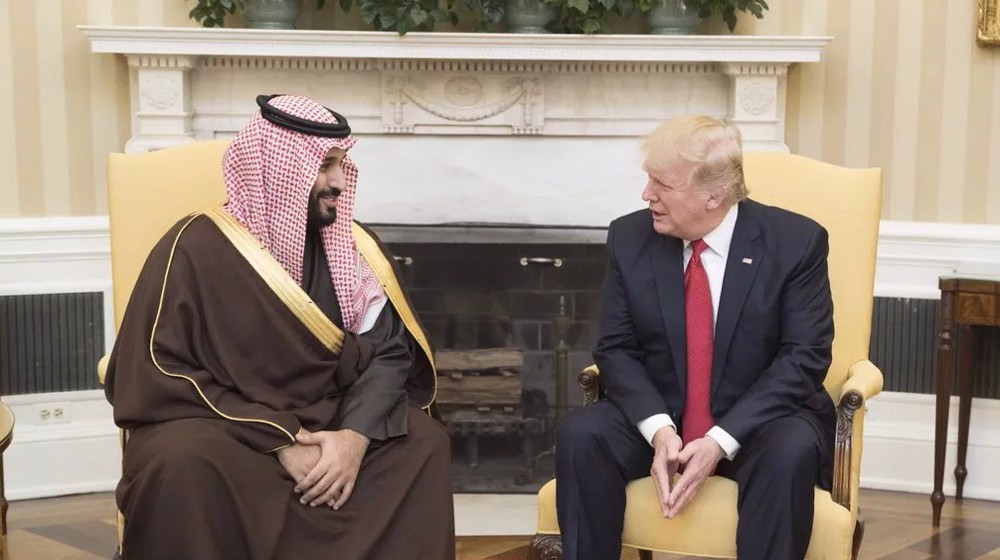
Trump poised to sell arms worth $100 billion to Saudi Arabia: Report
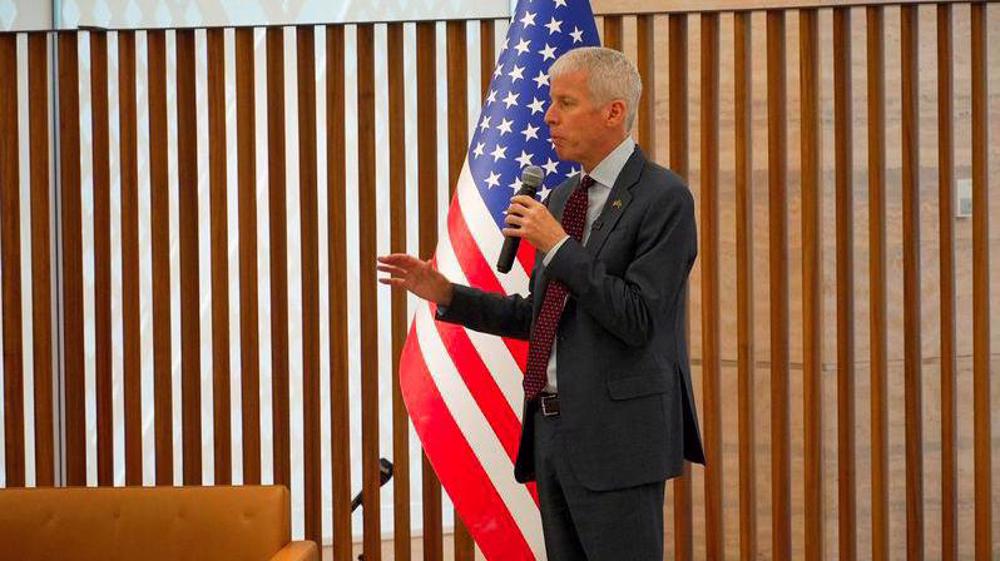
Saudi Arabia, US to sign agreement on civil nuclear program: Energy secretary
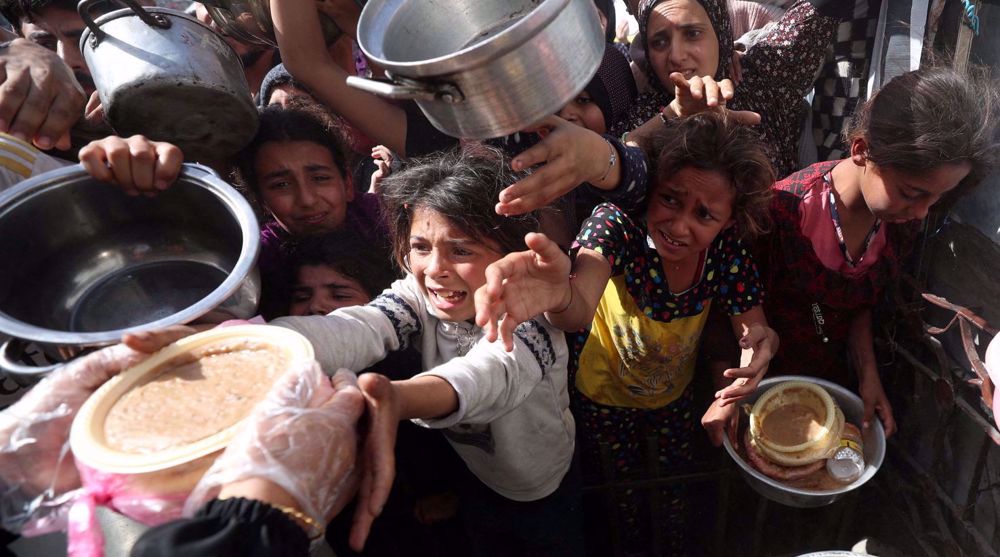
Saudi Arabia calls for 'maximum pressure' on Israel as UN warns of ‘longest Gaza blockade’
Iran declares holiday in Bandar Abbas port as fire still raging
VIDEO | NY protesters demand end to genocide on Global Day for Gaza
VIDEO | Pope Francis funeral mass held in St. Peter's Square
VIDEO | UK education activists focus on decolonization
Iran supports any measure to strengthen peace, tranquility: Pezeshkian
Iran, Russia agree to transfer gas via Azerbaijan: Minister
VIDEO | US joins global protest day to demand Israel lift 8-week siege
HTS gunmen, allied militants kill over dozen Alawites in Syria’s Homs


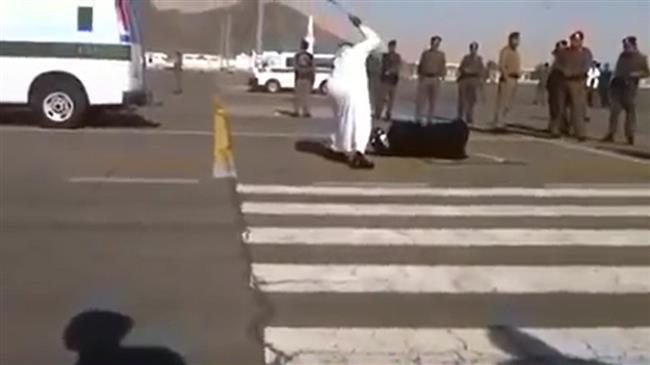






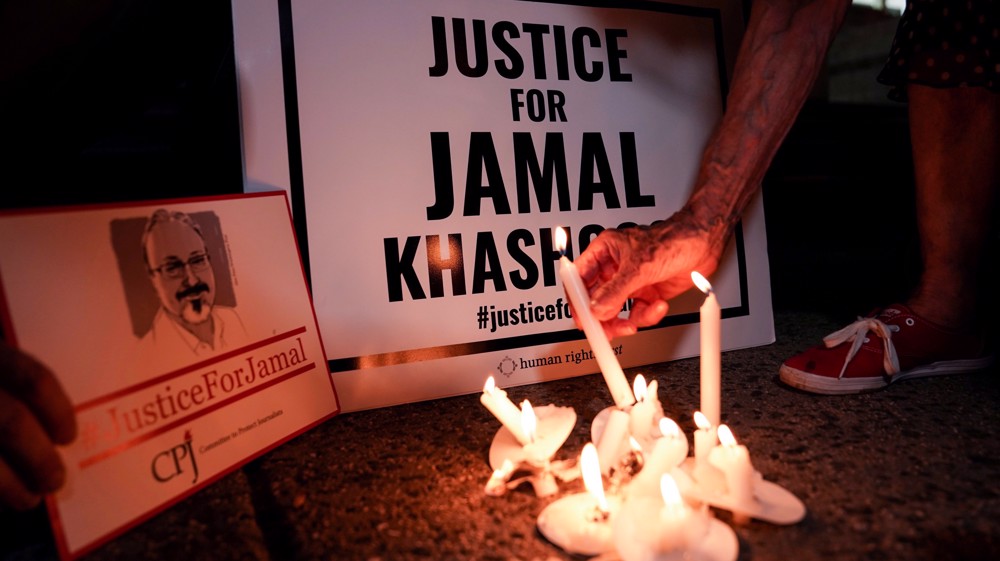
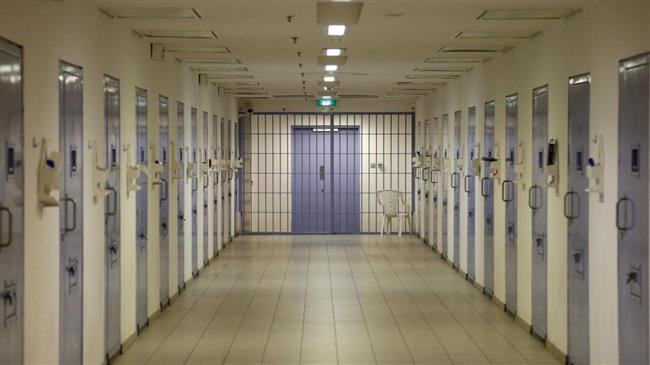
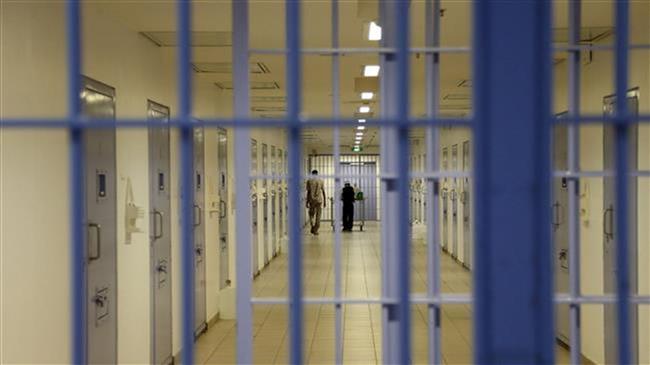
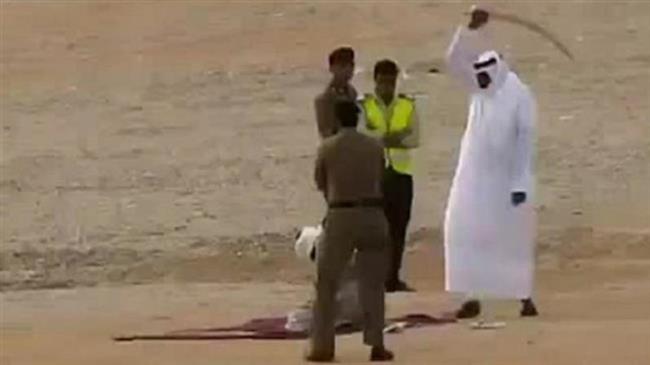

 This makes it easy to access the Press TV website
This makes it easy to access the Press TV website